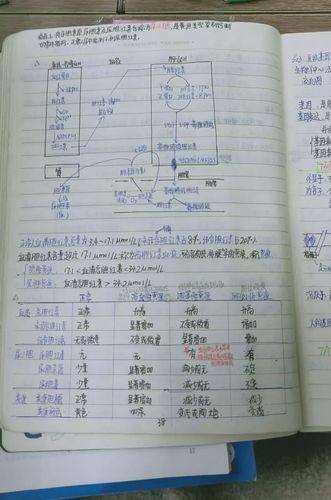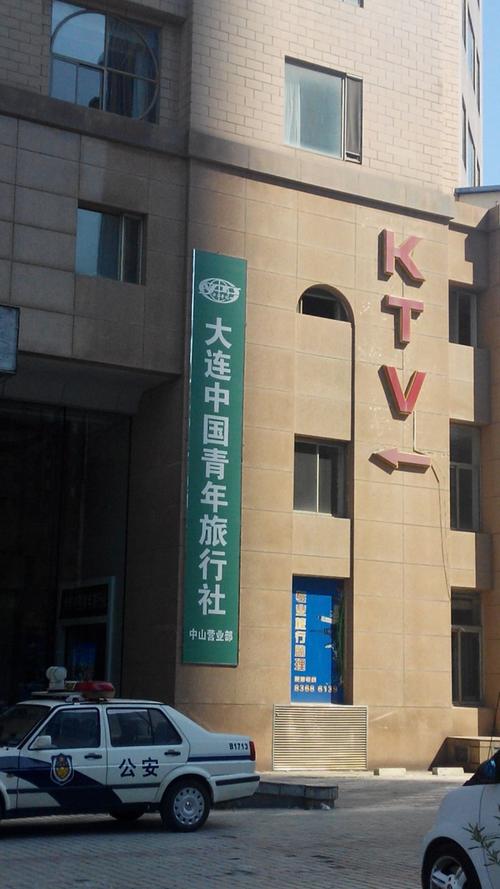外国文学史教案
Title: Integrating Foreign Literature into Ideological and Political Education: A Comprehensive Teaching Design
Introduction:
Incorporating foreign literature into ideological and political education can greatly enrich students' understanding of different cultures, ideologies, and historical contexts. This teaching design aims to create a comprehensive framework for integrating foreign literature effectively into the curriculum, fostering critical thinking, cultural awareness, and ethical reasoning among students.
1.
Objectives of Integrating Foreign Literature:
Enhancing cultural awareness and sensitivity.
Encouraging critical thinking and analysis.
Promoting ethical reasoning and moral development.
Broadening perspectives on societal issues and human experiences.
2.
Selection Criteria for Foreign Literary Works:
Relevance to the curriculum and educational objectives.
Cultural diversity and representation.
Literary merit and thematic richness.
Accessibility of translations or resources.
Potential for stimulating discussions and debates.
3.
Integration Strategies:
a.
PreReading Activities:

Contextualizing the author, historical background, and cultural setting.
Introducing key themes, characters, and literary techniques.
Preparing students for critical analysis and discussions.
b.
DuringReading Activities:
Guided reading with focus questions and annotations.
Group discussions on character motivations, plot developments, and thematic interpretations.
Analysis of cultural nuances, symbolism, and allegorical elements.
c.
PostReading Activities:
Reflective essays or journals on personal insights and connections.
Debates on ethical dilemmas or societal issues depicted in the literature.
Creative projects such as reimagining endings, character analyses, or multimedia presentations.
4.
Assessment and Evaluation:
Criteriabased assessment rubrics for critical analysis, cultural understanding, and ethical reflections.
Peer evaluations and constructive feedback mechanisms.
Formative assessments during discussions, presentations, and written assignments.
Summative assessments measuring overall comprehension, analytical skills, and ethical reasoning development.
5.
Incorporating Technology and Resources:
Utilizing online platforms for access to supplementary materials, multimedia resources, and interactive discussions.
Integrating digital tools for collaborative projects, virtual simulations, or creative adaptations of literary works.
Encouraging independent research and exploration of diverse perspectives through online resources and databases.
6.
Cultural Exchange and Collaborative Learning:
Organizing cultural exchange activities with students from diverse backgrounds.
Collaborative projects with international schools or educational institutions for shared interpretations and crosscultural dialogues.
Guest lectures or virtual sessions with authors, scholars, or experts to provide insights into foreign literary works and their sociocultural contexts.
7.
Continuous Professional Development and Reflection:
Teacher training workshops on effective strategies for integrating foreign literature into ideological and political education.
Peer collaboration and sharing of best practices.
Reflective practices through feedback loops, student evaluations, and selfassessment tools for continuous improvement.
Conclusion:
Integrating foreign literature into ideological and political education offers a transformative learning experience that goes beyond linguistic skills to encompass cultural understanding, critical thinking, and ethical reasoning. By implementing a comprehensive teaching design with structured integration strategies, assessment mechanisms, technological tools, and collaborative learning opportunities, educators can nurture global citizens equipped with a deep appreciation for diverse cultures and perspectives.











